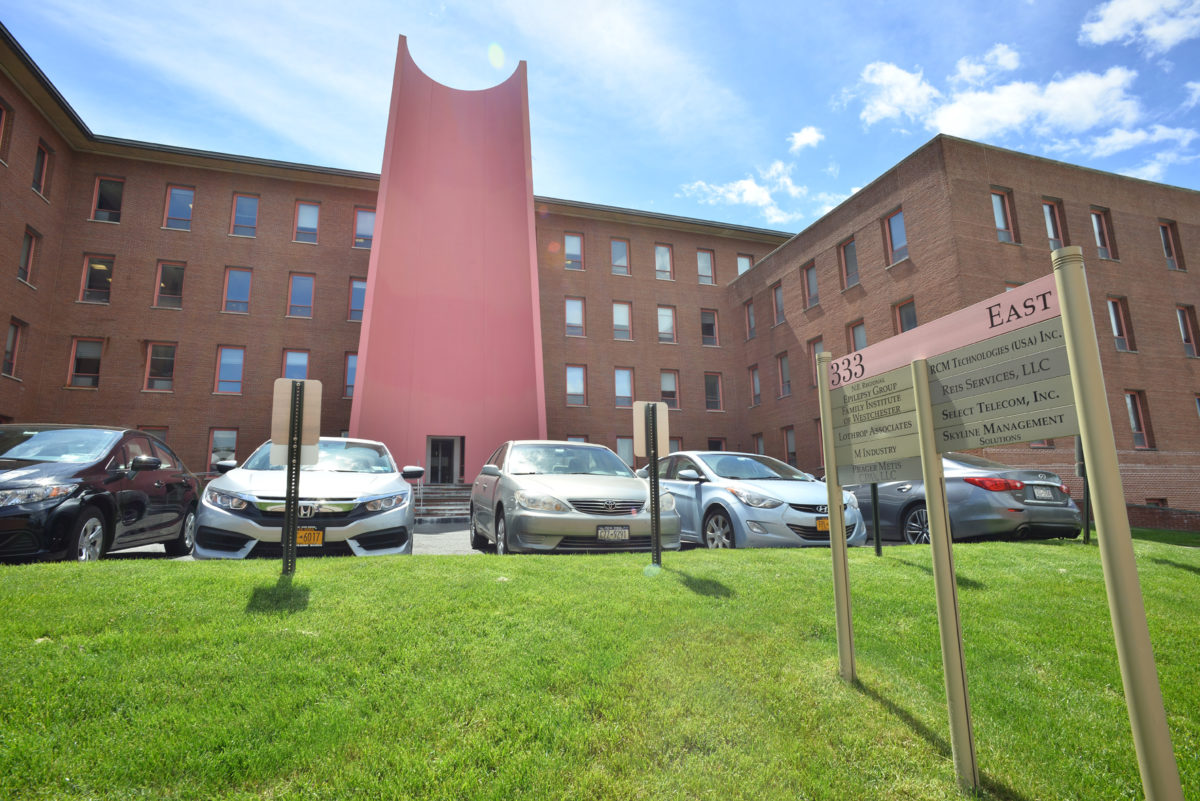The Federal Communications Commission is considering rolling back net neutrality regulations approved in 2015 under President Barack Obama. If it does, there will likely be implications for business in Westchester, according to Jonathan H. Hill, dean of the Seidenberg School of Computer Science and Information Systems at Pace University.
“Westchester is a really important tech hub, in health care R&D, telemedicine, financial technology, even the startup scene,” Hill said. “Westchester is getting to be a really exciting place. And all of those businesses thrive on open access to the internet.”
 Net neutrality refers broadly to a series of regulations meant to ensure all internet traffic is treated equally. The 2015 regulations prevent internet service providers from selling speedier internet access, known as “fast lanes,” to certain companies over others.
Net neutrality refers broadly to a series of regulations meant to ensure all internet traffic is treated equally. The 2015 regulations prevent internet service providers from selling speedier internet access, known as “fast lanes,” to certain companies over others.
FCC Chairman Ajit Pai wants to repeal those net neutrality rules, which classified internet service providers as utilities. The FCC in May voted 2-1 to advance that plan. The commission is seeking public input on the matter and has already received more than 9 million comments.
The original regulations are meant to prevent broadband providers from charging more for certain websites and internet services or blocking websites that use a lot of bandwidth and are deemed by providers to be too demanding.
Major broadband providers such as AT&T and Comcast have argued that the regulations discourage investment in their networks.
Talk of rolling back net neutrality has sparked protest from major technology companies, including Google, Facebook, Netflix and Amazon. The companies led a “day of action” against the rollback on July 12. Netflix ran a banner on its homepage reading “Protect Internet Freedom. Defend Net Neutrality. Take Action.” Twitter promoted the hashtag “#netneutrality” on its homepage, while Amazon ran a homepage ad that read “Net Neutrality? Learn more.”
“If a service provider can block you from seeing certain content or can make you pay extra for it, that hurts all of us and we should have rules against it,” Facebook CEO and co-founder Mark Zuckerberg wrote in a post on July 12.
Any rollback of net neutrality regulations is likely to be felt by individual users, according to Hill.
“You will begin to see this kind of tiered pricing, with internet providers trying to squeeze people to pay a higher rate for a better-quality internet experience,” Hill said. “If you are someone who works from home a great deal, expect to pay more.”
Those so-called fast lanes could be particularly concerning for small tech startups, according to Joel Felber, an attorney specializing in computer technology and intellectual property law at Leason Ellis in White Plains.
“If you are a small video provider, for example, and you are unable to cut a deal with a major internet service provider, or perhaps the only internet service provider that provides broadband, then you will have a very difficult time competing,” Felber said.
Felber said another issue is a lack of competition among the providers. He said there are large swaths of the country that only have one or two broadband providers, if there are any offerings at that speed at all.
Westchester compares favorably with much of the country in that regard, he said.
“We”™re not somewhere with dial-up as the only option, which is happening for many, many people,” Felber said. “It doesn”™t mean it”™s a good situation, it”™s still limited to a few providers, but it”™s better than other areas. That”™s important to remember in terms of startups, opportunities.”
The Westchester County Association is leading an effort intended to improve upon the county”™s broadband infrastructure. The business group is working with the mayors of Yonkers, Mount Vernon, White Plains and New Rochelle to try to launch a network of gigabit broadband, which has download speeds about 20 times faster than basic broadband.
Joan McDonald, a former commissioner of the state Department of Transportation and now an adviser to the Westchester County Association, said it”™s unclear how changes to the net neutrality regulations could affect that plan.
“Right now, it doesn”™t appear to” have any effect, she said. “But that could change. This is an industry that is evolving quickly, both from a tech standpoint and a governance standpoint.”
The FCC will seek comments from the public on the matter until mid-August.
“Certainly this administration and this Congress are very pro rolling it back,” Hill said. “I think a lot of the big tech money remains strongly pro net neutrality, so it will be very, very interesting to see.”


















